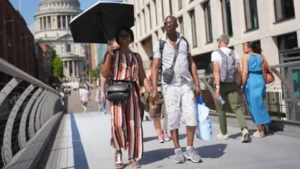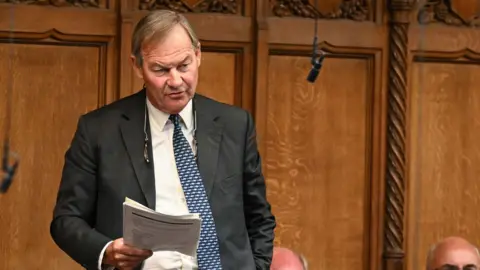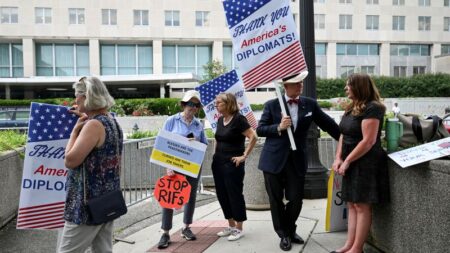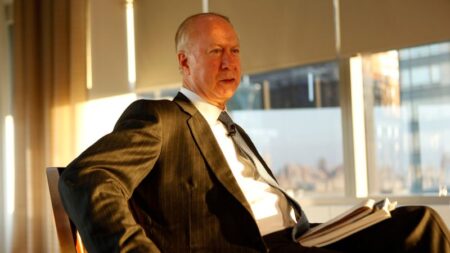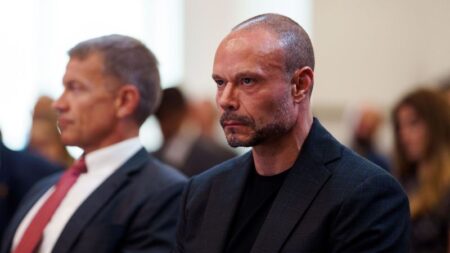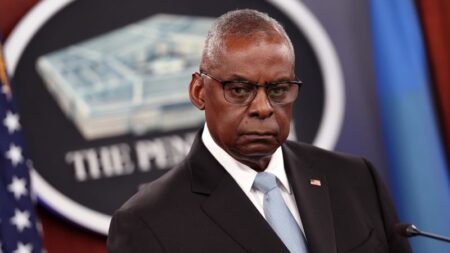The political landscape in the UK has been shaken by the recent announcement regarding MP Rupert Lowe, who is under investigation by Parliament’s standards commissioner for failing to register substantial financial donations totaling over £600,000. These funds were reportedly collected through a Crowdfunder campaign initiated by Lowe in March, which aimed to support an independent inquiry into gang-based sexual exploitation in the UK, commonly referred to as the “Rape Gang Inquiry.” This investigation arrives in the wake of a governmental inquiry announced by the Prime Minister, focusing on similar issues of sexual exploitation.
Lowe’s failure to disclose these significant donations on the register for MPs raises serious questions regarding transparency and compliance with parliamentary regulations. According to established guidelines, Members of Parliament must declare any single donation exceeding £1,500, or a cumulative amount of £300 from various sources. As of now, there has been no affirmation from Lowe’s office indicating compliance with these rules, which has resulted in the current investigation led by the Parliamentary Commissioner for Standards.
The backdrop of this inquiry adds layers of complexity to Lowe’s position. Elected as a member of Reform UK for the constituency of Great Yarmouth in 2024, he was suspended from the party in March due to alleged threats made towards Zia Yusuf, the party’s chairperson. Allegations have surfaced, pointing towards Lowe’s encounters with the Crown Prosecution Service, which ultimately decided against pressing charges relating to threats he reportedly made. In a controversial BBC interview, Lowe characterized his situation as a “political assassination attempt.”
In an effort to maintain the momentum of his inquiry, Lowe has publicly committed to continuing the investigation despite government-backed efforts. He has sharply criticized the political establishment, claiming that many politicians lack the integrity to genuinely engage with and support victims of exploitation. As part of his inquiry, Lowe has assembled a board that includes notable figures, such as Conservative MP Esther McVey, increasing the scrutiny on his actions and the legitimacy of his claims.
The structure of Lowe’s Crowdfunder campaign is particularly relevant to the investigation as it explicitly stated that donors contributing above the set parliamentary limit of £1,500 would receive acknowledgment in the Commons register. Records indicate that among the £600,000 collected, numerous individual donations surpassed the disclosure threshold, yet they have not been reflected in Lowe’s financial interest register. The absence of these entries raises serious concerns not just about compliance but about accountability in parliamentary matters.
Lowe’s Rape Gang Inquiry has made headlines through its aggressive approach, having submitted extensive Freedom of Information (FOI) requests to local councils and health trusts in search of information regarding the impacts of grooming gangs. According to the investigation’s social media updates, Lowe has expressed intentions to stream the proceedings online, positioning himself as a champion of transparency.
As the inquiry unfolds, it remains to be seen how Lowe will navigate the legal and political repercussions of his current situation, especially with so much at stake politically. His strong stance against the government and promises to deliver accountability could resonate positively amongst certain voter demographics, but it does also risk severe backlash should his actions be deemed improper or corrupt. Ultimately, this situation highlights the delicate balance of accountability, transparency, and the responsibilities held by elected officials within the UK Parliament. The outcome of this inquiry may set important precedents for how such cases of financial misconduct and parliamentary integrity are handled in the future.

